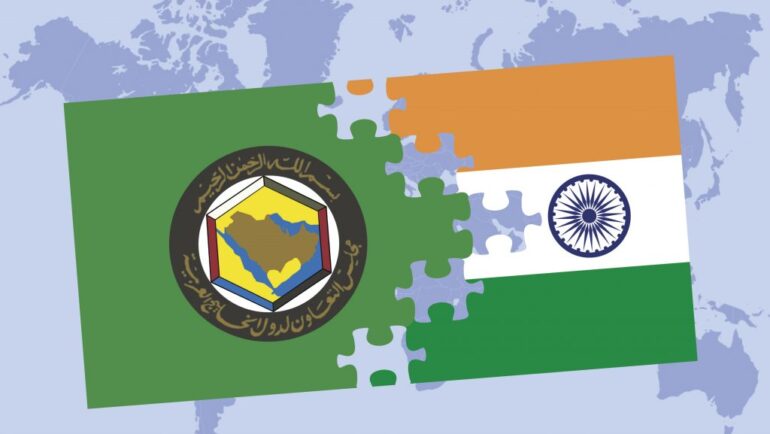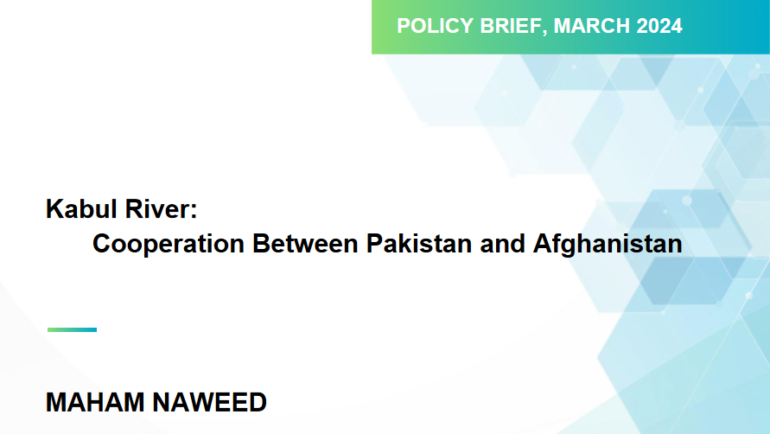Policy Brief 02/05/2024
The African National Congress (ANC) has withstood its dominance in South Africa since 1994. The upcoming elections in South Africa- which are scheduled to take place on May 29- indicate a notable departure from this trajectory. The data collected through surveys indicates a substantial decline in the ANC’s vote share at national level. Where historically, the party used to enjoy majority position, this time, the vote share has dropped to below 50 percent, indicating a deviation in the pattern. The party’s plummeting popularity since 2007 can be attributed to the growing disconnect with the South African populace, increasing perceptions of party’s systemic corruption, upsurge in youth unemployment, and poor service delivery. This deviation in South Africa is likely to impact economic and political landscape in the region, influencing overall regional geopolitical dynamics in the coming years. Firstly, the electoral outcome could have possible regional ramifications since it has a potential to impact South Africa’s stance within the Southern African Development Community (SADC) framework. It can further prompt shifts in diplomatic engagement, policy alignment, and collaborative efforts on regional development initiatives. Secondly, it is likely that the electoral outcome could also influence South Africa’s relationship with the African Union (AU), impacting its leadership position, advocacy efforts for African unity and development, and diplomatic strategies on the continental stage. Thirdly, this divergence highlights prospects for the improvement of ties between Pretoria and Washington. Traditionally, ANC enjoyed cordial relations with Moscow- primarily because of the latter’s support during the struggle against apartheid; but, the former’s decline could open new diplomatic avenues for the state. Lastly, with regards to Pakistan, Islamabad has always maintained good ties with the ANC- marked by unwavering solidarity during the anti-apartheid struggle. Pakistan honoured Nelson Mandela with prestigious awards, such as the Nishan-e-Pakistan and Nishan-e-Quaid-e-Azam- honouring his struggle for human rights. As ANC’s popularity shifts, Islamabad must diversify engagements in Pretoria. Strengthening relations with varied political actors in South Africa ensures continuity and resilience in Pakistan-South Africa diplomacy.


